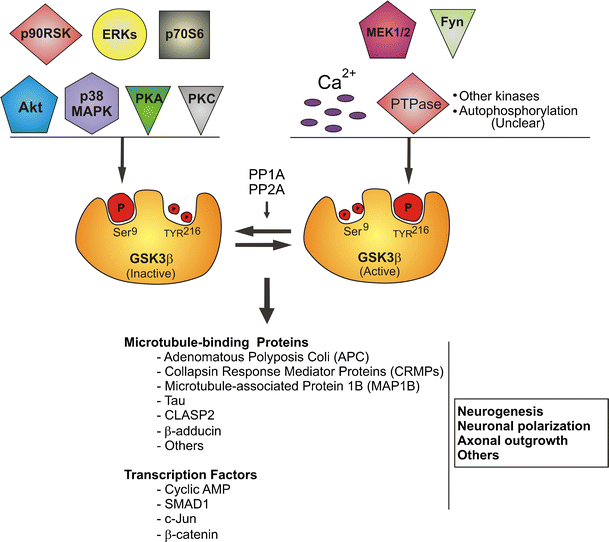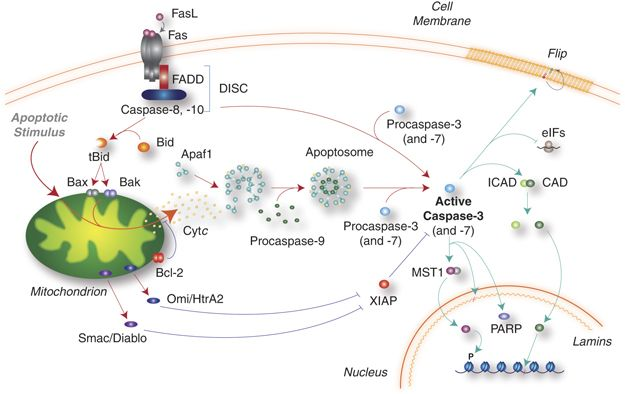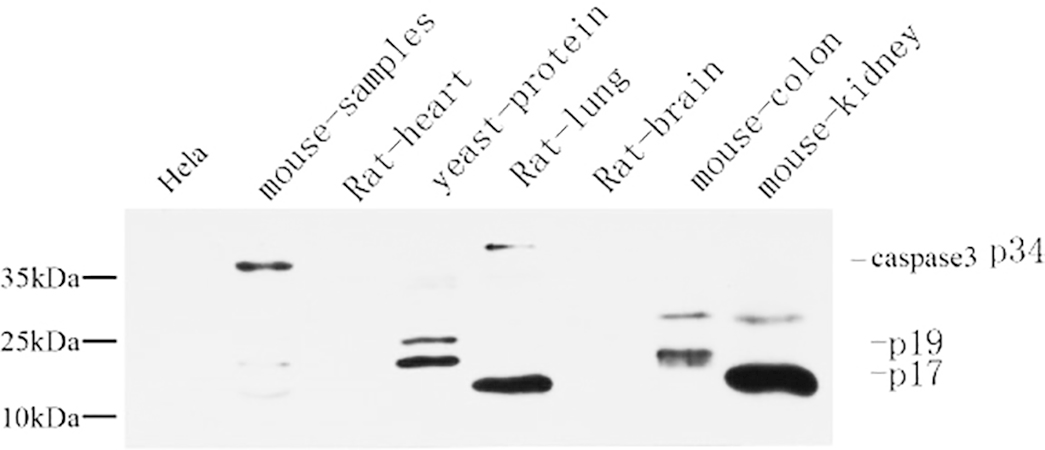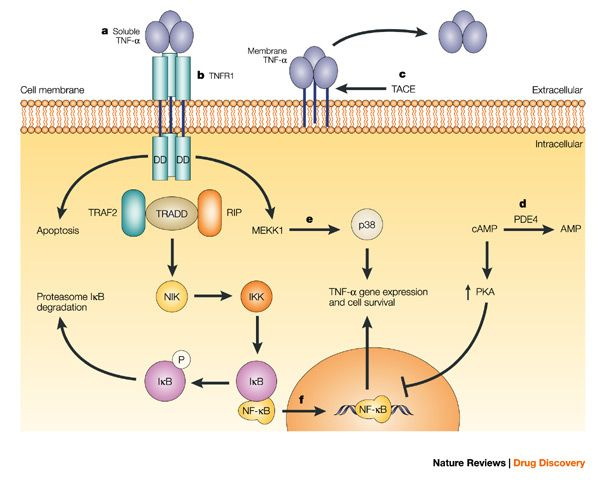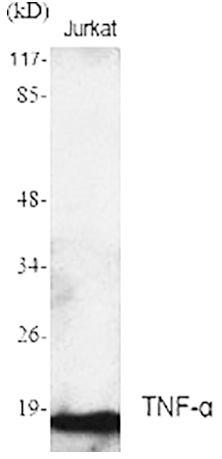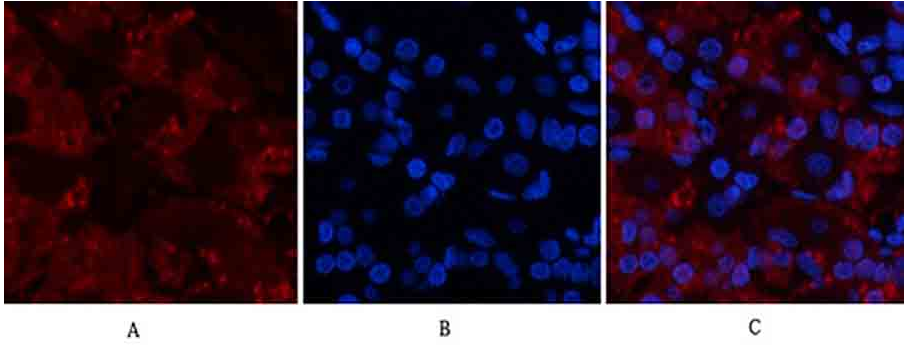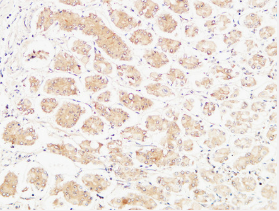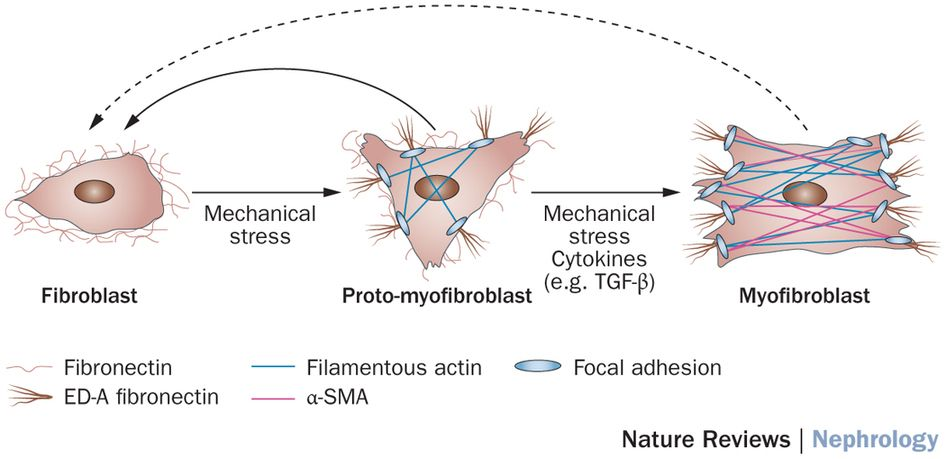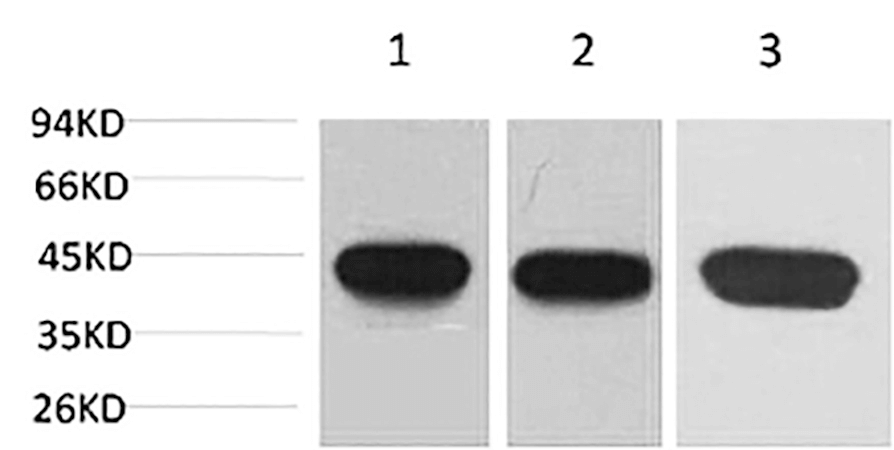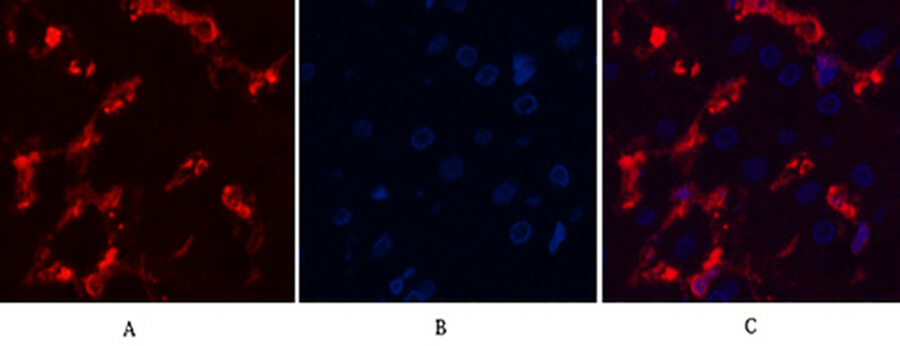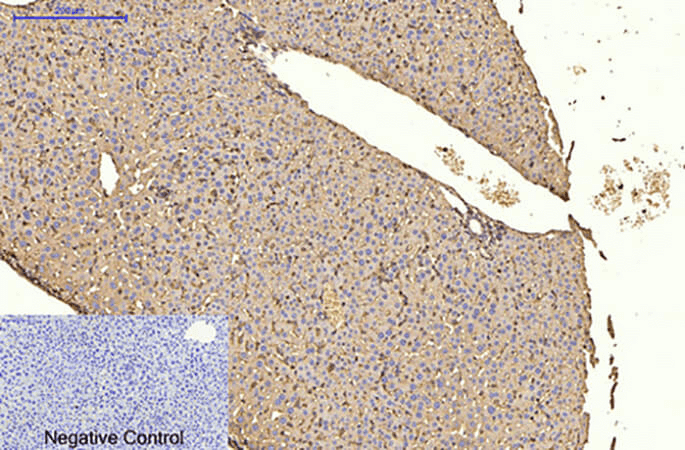Overview of western blot (WB):
Western Blot is an experimental method
commonly used in molecular biology, biochemistry and immunogenetics. The basic
principle is to color the cell or biological tissue samples treated by gel
electrophoresis through specific antibodies. Information on the expression of
specific proteins in the analyzed cells or tissues is obtained by analyzing the
staining position and staining depth.
Sample preparation:
Good protein is half the success of WB. We
need to lyse cells and tissues to extract the target protein. Once cracking
occurs, hydrolysis, dephosphorylation and denaturation begin. If appropriate
protease or phosphatase inhibitor is added to the cracking solution, these
reactions will be greatly slowed down and the chance of extracting good protein
will be increased.
It takes time and effort to prepare lysis
solution by oneself, and the whole experiment may be wasted due to improper
preparation. Why not try the protein extraction kit that Abbkine has packed for
you? The kit is equipped with optimized lysis components. You only need to
carry out the experiment according to the experimental steps.
Abbkine sample
preparation product recommendation:
Product name | #Cat | Szie | Price ($) |
ExKine™ Nuclear and Cytoplasmic Protein Extraction Kit | KTP3001 | 50/200T | 90/220 |
ExKine™ Nuclear Protein Extraction Kit | KTP3002 | 50/200T | 80/200 |
ExKine™ Cytoplasmic Protein Extraction Kit | KTP3003 | 50/200T | 80/200 |
ExKine™ Total Membrane Protein Extraction Kit | KTP3004 | 50/200T | 80/200 |
ExKine™ Membrane and Cytoplasmic Protein Extraction Kit | KTP3005 | 50/200T | 90/220 |
ExKine™ Total Protein Extraction Kit | KTP3006 | 50/200T | 80/200 |
Protease Inhibitor Cocktail (100X) | BMP1001 | 1ml/1mlx5 | 40/120 |
The basic process of protein extraction
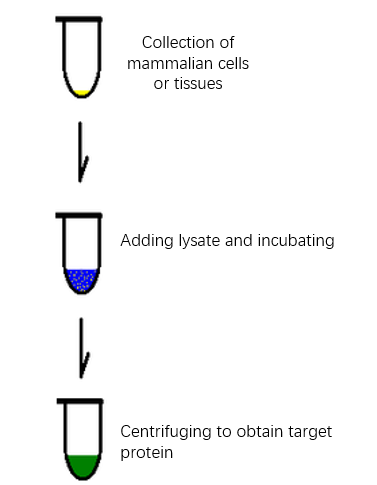
Characteristics and Advantages of Abbkine
Protein Extraction Kit:
- High purity and no pollution-the extracted protein has high purity and maintains natural activity, reducing cross contamination;
- Strong timeliness-non-denatured active protein can be purified within two hours;
- Compatible application-the extracted protein can be directly used in subsequent proteomics applications;
- Follow-up worry-free-kits own a special protease inhibitor package, anti-degradation, anti-useless;
- High cost performance.
Characteristics and Advantages of Abbkine Protease Inhibitor
Cocktail (100X):
Abbkine Protease Inhibitor Cocktail is an
universal protease inhibitor cocktail contains individual components, including
AEBSF, Aprotinin, Bestatin, E-64, Leupeptin and Pepstatin A with a broad
specificity for cysteine, serine, acid proteases, and aminopeptidases. This
protease inhibitor cocktail has been optimized and tested for mammalian cells
and tissue extracts.
You deserve to have good sample preparation
products!
